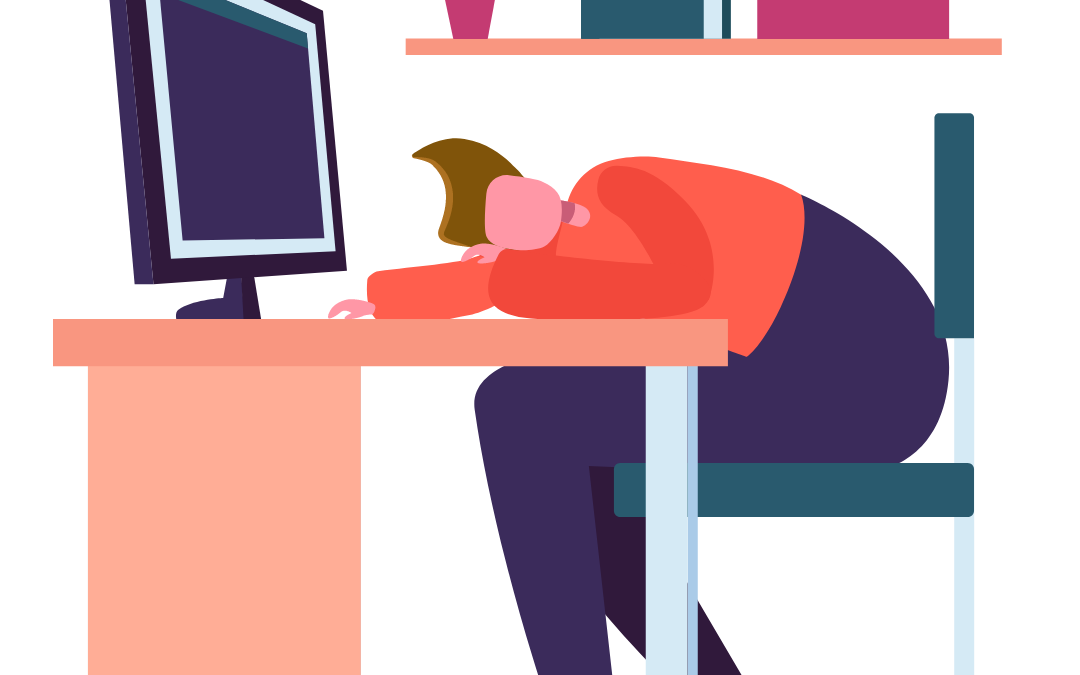The increased cost of living will undoubtedly affect all of us in society in some way – but HE providers should be mindful now more than ever of the effect that the squeeze in student finances may have a detrimental impact on students ability to succeed. Students have over the last 20 years increasingly engaged in part-time work whilst studying. Whilst traditionally these students might have been from socioeconomically disadvantaged backgrounds, the squeezed middle may also now be looking for part-time employment. Having a job whilst studying isn’t inherently bad, but it does have an impact on how you are able to engage in the full student experience.
The recent Pearson/WonkHE research on student belonging showed just how important making friends and being connected with your institution is to supporting academic progress and achievement, and developing the much-needed social capital for onward graduate employment – and just how hard that is for students from diverse backgrounds. Students are also far more likely to drop out of university if they haven’t made any friends. But with the increased time pressures placed on students, they may very well sacrifice going out socially to save money or to spend that time working instead. My academic research of first-in-family students showed that feeling like they had less money compared to their classmates also added to their sense that they didn’t belong at university .
HE providers, therefore, need to be mindful of this and put in place other mechanisms to ensure that students connect with their peers for free, and during timetabled hours.
Likewise, students who must work (and many more work more than 15 hours a week) will undoubtedly feel academic pressure too. My research showed that socioeconomically deprived students had to become an ‘efficient learner’. And by that they meant engaging only in activities mandated in the course handbooks and for lectures/assessment as opposed to reading around issues for ‘fun and curiosity’. One participant in 2019 was working 20 hours a week and still couldn’t cover their basic living costs and no ‘bank of mum and dad’ to fall back on. Inevitably it meant they worked more hours, had to miss lectures because they were working and didn’t make any meaningful relationships with their classmates. So students who are financially precarious may still get good grades but often at the expense of engaging in the full academic experience, and receiving the full value for money of going to university.
The cost of living squeeze is going to be challenging for most people, and for HE providers too, and undoubtedly there will be an increased need for financial, wellbeing and mental health support. Even before 2022 there has been lots of evidence to suggest that poor student mental health was often linked to financial stress and these two things often go hand in hand. Mind has a short toolkit which you can access and signpost to students here. Student Minds and the Mental Health Foundation also have resources.
If we don’t plan for the increase in student support needed then some students are going to have a very hard time indeed, and we may very well see an increase in dropouts, lower academic achievement or even homelessness for our most vulnerable students.

